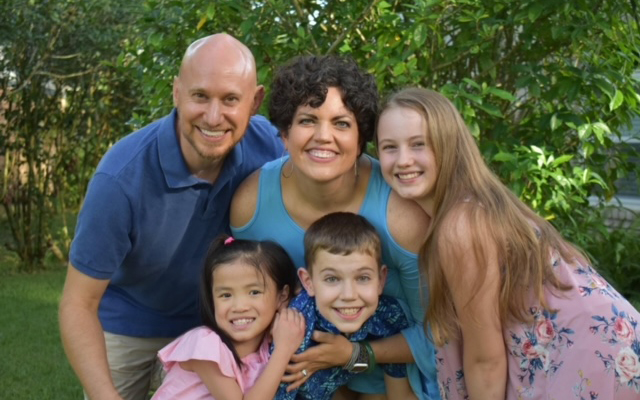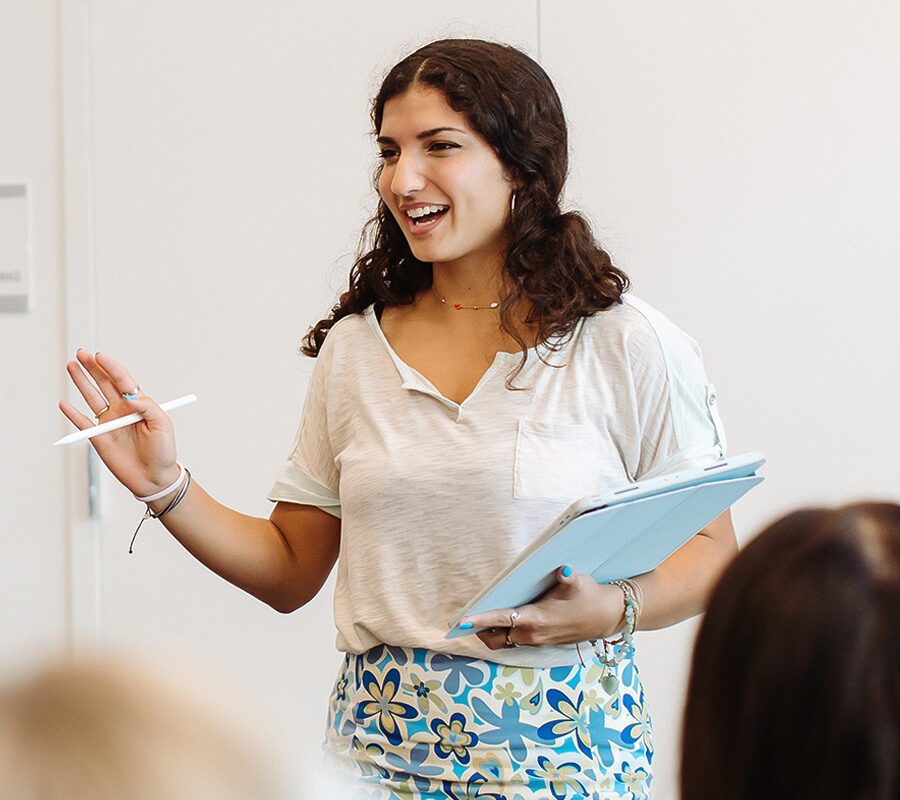About the The Marriage, Couples, and Family Counseling (MFTS) Concentration
The Marriage, Couples, and Family Counseling (MFTS) Concentration involves a three-course series housed within the Counselor Education program in the School of Education and Behavior Studies. The concentration program is designed to provide advanced training to students in the Counselor Education program for working with marriages, couples, and families. The MFTS Concentration requires the completion of three graduate courses addressing family systems, working with couples and family therapy theory, and counseling techniques.
The Marriage and Family Therapy Studies concentration DOES NOT grant any certification or licensure in Marriage and Family Therapy. It may fulfill the academic course requirements in order to apply for licensure, however, those interested should contact their State Licensure Board to verify. Effective July 1, 2020, applicants wishing to apply to the Florida Department of Medical Quality Assurance for licensure as a Marriage and Family Therapist must have graduated with a counseling degree from a COAMFTE or CACREP accredited program.

What You'll Learn
- Dynamics of Marriage and Family Systems
This course provides introduces marriage and family therapy and the development of marriage and family therapy as a profession. General Systems Theory and the interactive dynamics of the living social systems of marriage and family will be a focus of the course. How marriage and family theory may be utilized in Christian counseling will also be explored.
- Family Therapy Theory and Techniques
In this course students will learn to compare and contrast the major theoretical models in family therapy which seek to explain optimal family functioning. Students will become knowledgeable of multiple theoretical perspectives in the development of diagnostic and counseling intervention skills in the treatment of families.
- Marriage Theory and Counseling Techniques
This course examines several leading contemporary theories of marriage counseling, with a concurrent emphasis on the techniques used within each of those theories. Students will be expected to begin developing a personal model of marriage counseling which they will use in their initial clinical work.
Learn more about your classes and requirements in the course catalog.
PBA awards over three million dollars in scholarships every year and 97% of PBA undergraduate students receive financial aid.



